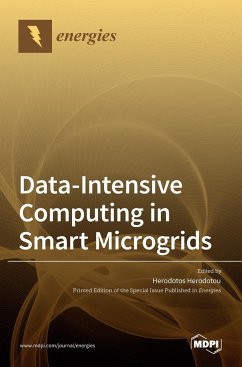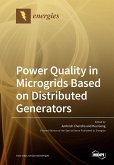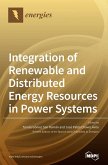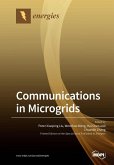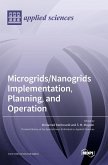Microgrids have recently emerged as the building block of a smart grid, combining distributed renewable energy sources, energy storage devices, and load management in order to improve power system reliability, enhance sustainable development, and reduce carbon emissions. At the same time, rapid advancements in sensor and metering technologies, wireless and network communication, as well as cloud and fog computing are leading to the collection and accumulation of large amounts of data (e.g., device status data, energy generation data, consumption data). The application of big data analysis techniques (e.g., forecasting, classification, clustering) on such data can optimize the power generation and operation in real time by accurately predicting electricity demands, discovering electricity consumption patterns, and developing dynamic pricing mechanisms. An efficient and intelligent analysis of the data will enable smart microgrids to detect and recover from failures quickly, respond to electricity demand swiftly, supply more reliable and economical energy, and enable customers to have more control over their energy use. Overall, data-intensive analytics can provide effective and efficient decision support for all of the producers, operators, customers, and regulators in smart microgrids, in order to achieve holistic smart energy management, including energy generation, transmission, distribution, and demand-side management. This book contains an assortment of relevant novel research contributions that provide real-world applications of data-intensive analytics in smart grids and contribute to the dissemination of new ideas in this area.
Hinweis: Dieser Artikel kann nur an eine deutsche Lieferadresse ausgeliefert werden.
Hinweis: Dieser Artikel kann nur an eine deutsche Lieferadresse ausgeliefert werden.

